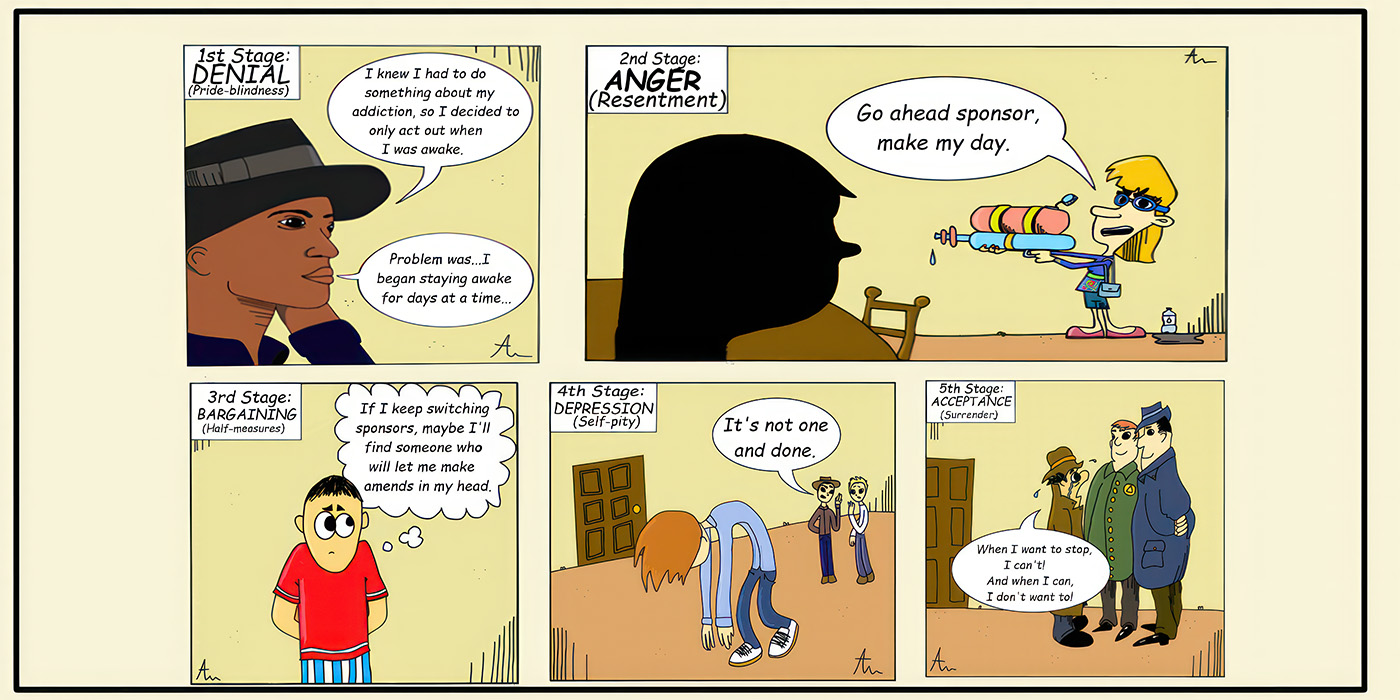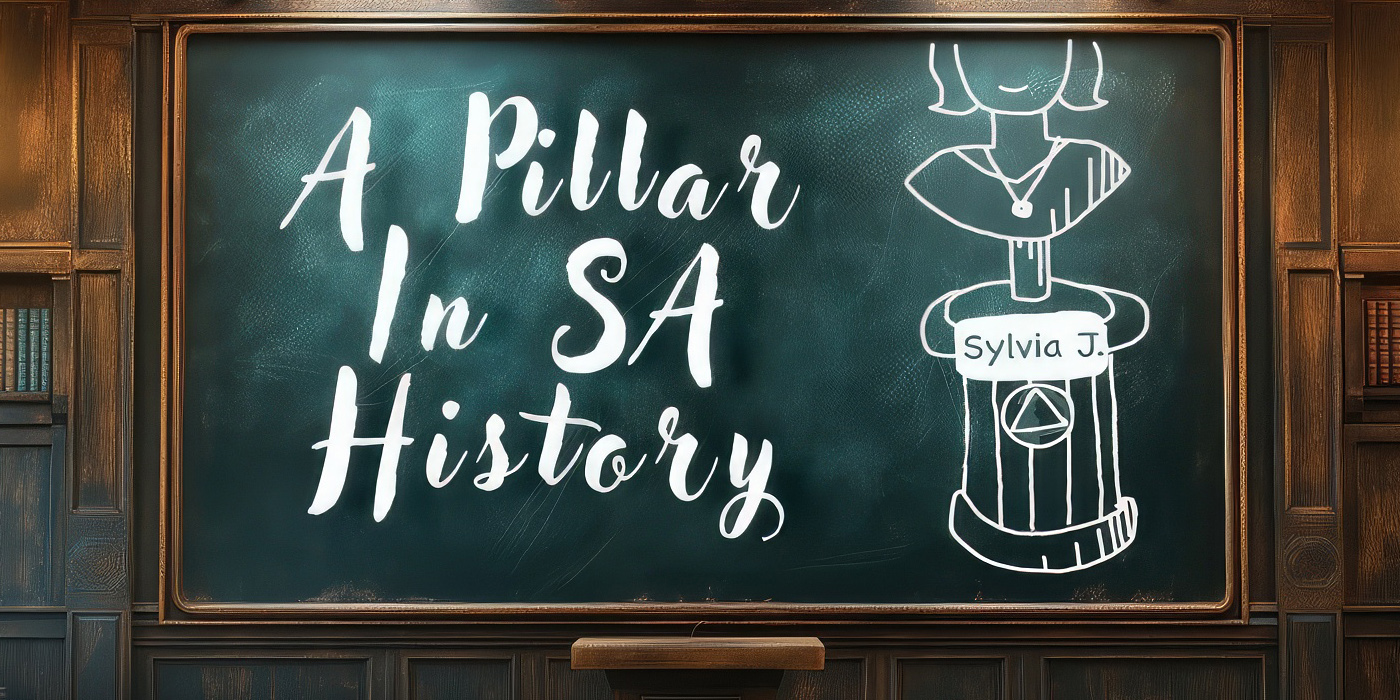In our suggested meeting format, just before the end we read: “Our public relations policy is based on attraction, not promotion. We need always maintain personal anonymity at the level of press, radio, TV, and film.” Sometimes I add: “Please talk to me before you choose to break your anonymity. I made a real mess doing that.”
Like many newcomers, I was really excited about being in SA. I loved being free of the compulsive thoughts and behaviors that had plagued me for decades. At three-plus years into sobriety I found myself telling people at work and some friends that I had sobriety in Sexaholics Anonymous. Each time, after the fact, I told my counselor and my sponsor what I’d done. I made sure it was not breaking anonymity at the level of “press, radio, TV, and film.”
Some people indicated they would just as soon not know about my recovery. After a while I learned to ask a person if he or she would like to know about my recovery program? Only if they said “yes” did I proceed. In general people seemed appreciative of my program efforts.
However, as it turned out, some people were irate about the behaviors that got me into SA. There were accusations and verbal attacks. I ended up needing to leave a good job. Eventually, for the sake of our family, we moved out of town. While working with a helpful therapist several years later, I came to realize that breaking my anonymity was, for me, a form of exhibitionism. I knew exhibitionism was an old part of my sexaholism. People who heard parts of my story became scared of me or became angry that their image of me was damaged. Today, decades later, I still encounter consequences of breaking my anonymity.
Today I always check my motives and try to follow my guideline: “If it feels really necessary to tell a person about SA, it’s really important NOT to tell them.” Also, I usually check with my sponsor before talking about SA.
Anonymous, USA






